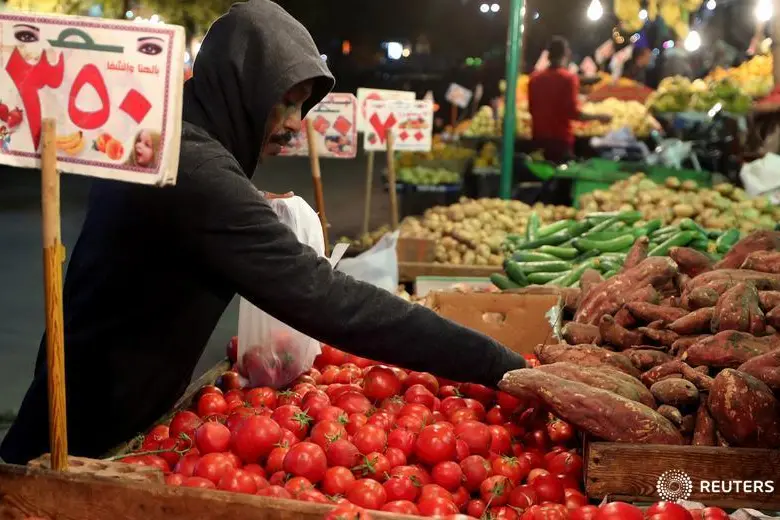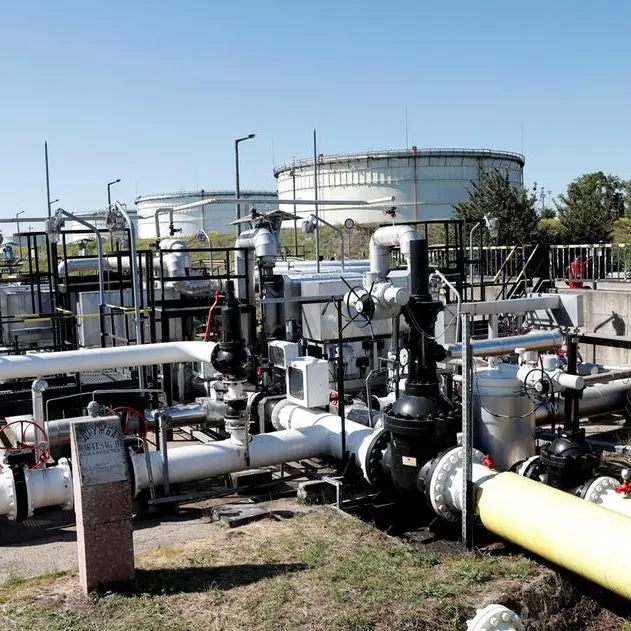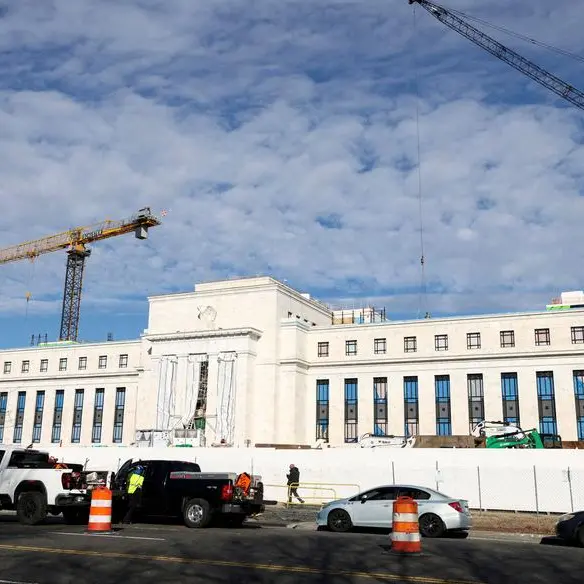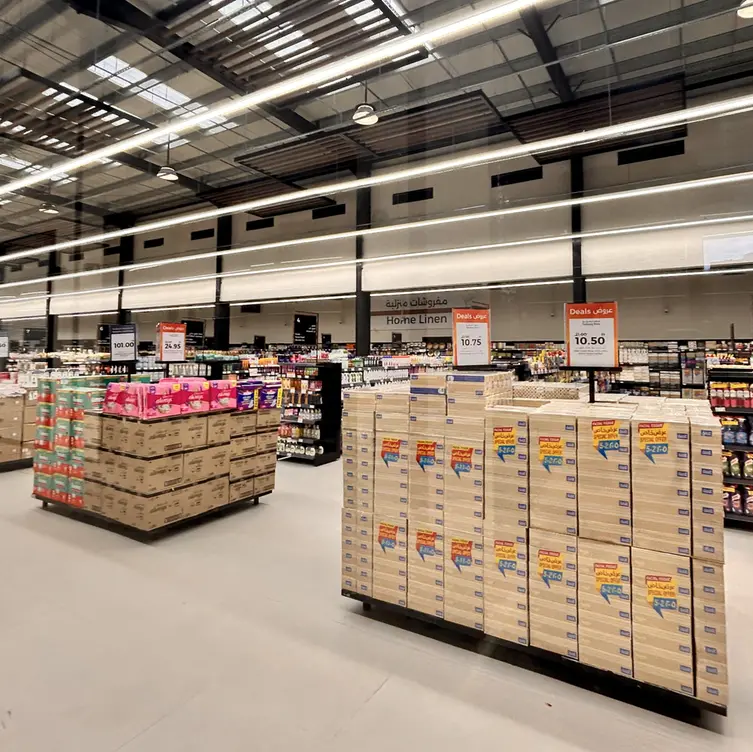PHOTO
A leading global research institution expects the annual inflation rate in Egypt to rise to 7.5 percent this year, up from 5.2 percent in 2021, given the uptick in global food and oil prices.
The Oxford Economics Africa briefing based its forecast on the latest figures of monthly headline inflation which, according to Egypt’s Central Agency for Public Mobilization and Statistics (CAPMAS), rose to 7.1 percent year-on-year (y-o-y) in January from 5.9 percent y-o-y in December. Last month, food prices alone rose by 12.5 percent y-o-y compared to 8.3 percent y-o-y in December.
“Despite a stable exchange rate and the continued subsidization of bread, food prices trended higher against a backdrop of elevated global food prices,” read the briefing released on Monday.
The surge in food prices was also prompted by the government’s decision in December to raise the price of butane gas--used for cooking by most of Egypt’s poorest households. Additionally, the price of subsidized vegetable oil was increased following complaints by producers that they were selling a loss, said the report.
The report expected more pressures on consumers in the coming months given the government’s decision on February 4 to raise the price of fuel by 0.25 Egyptian pounds, bringing 92-octane gasoline to 8.5 pounds ($0.54) per liter.
However, consumers may not have seen the end of it yet.
“We could see further upward adjustments to domestic fuel prices against a backdrop of rising global oil prices, especially as the Egyptian government seeks to keep its fuel subsidy bill under control,” Callee Davis, an economist with Oxford Economics said answering Zawya’s emailed questions.
As a reaction to these increases, Egyptian consumers have been cutting down on their expenses, which translated in a fall in the Purchasing Managers’ Index (PMI) to its lowest level in nine months in January. This was also reflected in a declines output and new business, according to Oxford Economics briefing.
To contain the upward-creeping inflation, Davis expects the Central Bank of Egypt is to revise interest rates.
“As global monetary policy tightens, the Egyptian government will likely start increasing the key policy rate,” she said. “We currently have a 25bps hike to key policy rates penciled into our baseline for this year.”
Meanwhile, inflation is expected to impact real interest rates and hence make Egyptian bonds less attractive to global investors—a situation that may eventually lead to a devaluation of the Egyptian pound, added Davis.
“A sudden reversal in demand for dollar-denominated Egyptian bonds would weigh on foreign reserves, and possibly reduce the CBE ability to intervene in the currency market,” said Davis.
“We forecast the Egyptian pound to depreciate by 3.2 percent to an average of E£16.2/$ this year,” she concluded.
To secure an IMF loan worth $12 billion in 2016, the Egyptian government had to meet a set of structural economic reforms including the scaling back of energy subsidies and most importantly the floatation of the local currency. Following the move, the value of the local currency plunged from E£8.88/$ to E£19.62/$ in nearly one month.
As Egypt kept rebuilding its foreign reserves primarily through borrowing, the value of the local currently improved over the last five years. The Egyptian pound has been trading at nearly E£15.7 against the greenback for almost two years. However, many observers have been arguing that the Egyptian pound is overvalued, and that the CBE has been interfering with the foreign exchange market.
(Reporting by Noha El Hennawy; editing by Brinda Darasha) brinda.darasha@lseg.com
Disclaimer: This article is provided for informational purposes only. The content does not provide tax, legal or investment advice or opinion regarding the suitability, value or profitability of any particular security, portfolio or investment strategy. Read our full disclaimer policy here.
© ZAWYA 2022





















